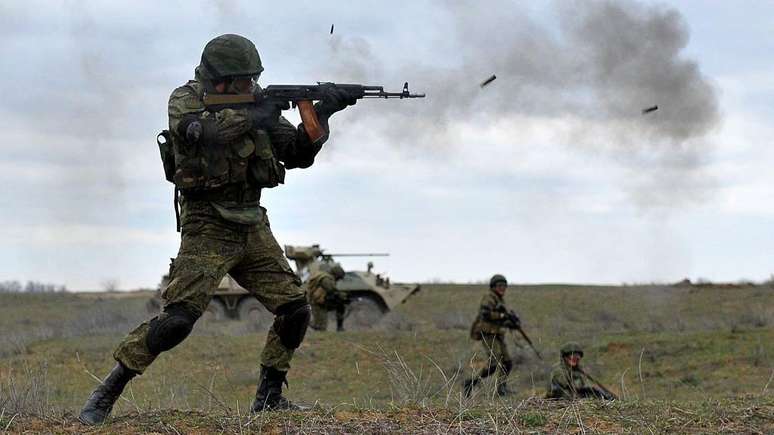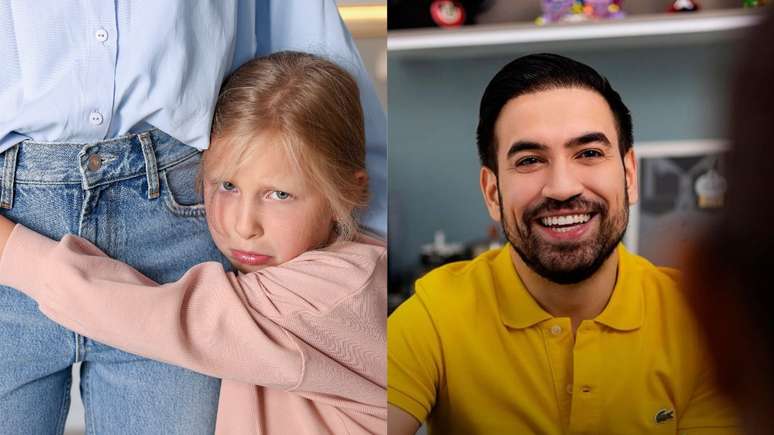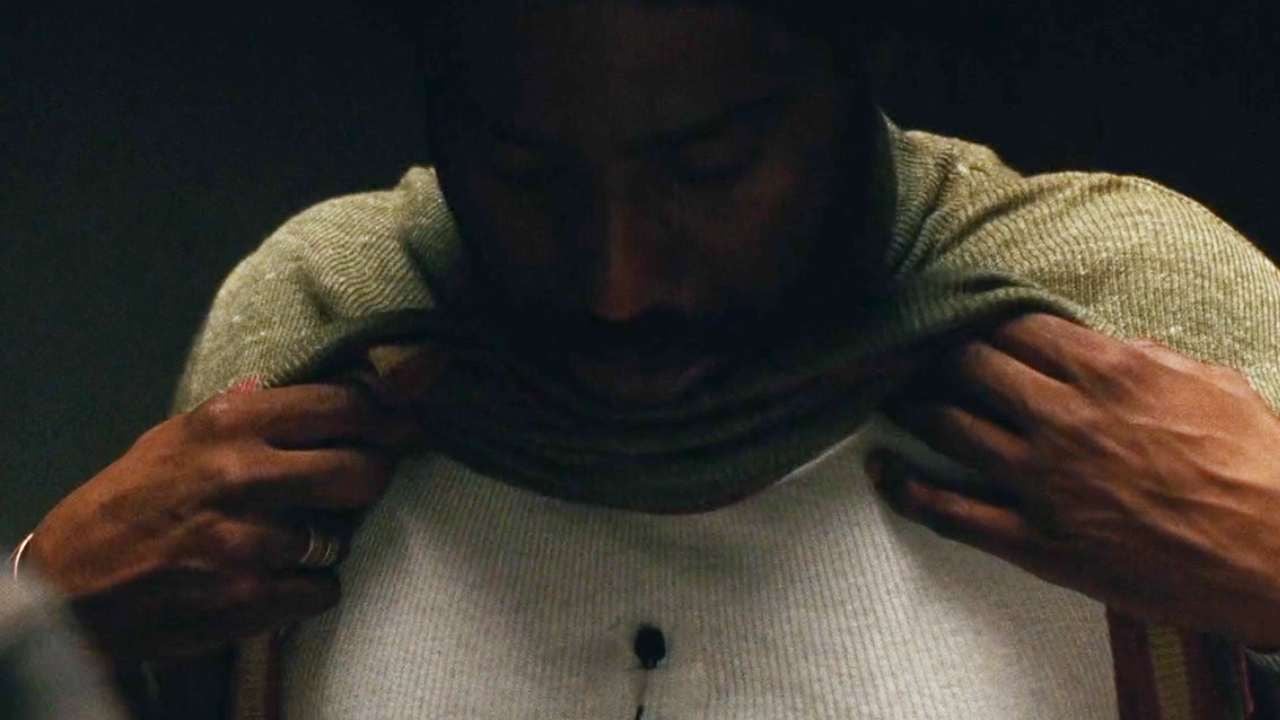Thousands of Russian soldiers return from Ukraine with mental health problems such as PTSD, but there is no effective psychological support system for veterans
“Most of the soldiers don’t want to make therapy”, explains Tatyana (fictitious name), a voluntary psychologist of the project Family Hearthfinanced by the Russian state.
“They often tell me that I can’t understand what they lived, because I have not been at the forefront or I’m afraid not to bear the relationship of their experiences,” says BBC Russia (BBC’s Russian News Service).
According to her, the favorite alternative is to go and drink with friends.
Thousands of Russian soldiers are believed to be returning from Ukraine with mental health problems, including post -stress -traumatic disorder (PTSD). However, field professionals say that since the Kremlin started the large -scale invasion three and a half years ago, the authorities have not been able to implement an effective psychological support system for veterans.
As Tatyana explains, the return to the relative tranquility of civil life can arouse uncontrolled aggression in some veterans. “A colleague of mine had a patient who entered a coffee and started attacking customers only because they were sitting there, relaxed,” he says.
“There is this internal conflict: here I am a good and kind person, and there I killed people.”
He also recalls a commander who forced his subordinates to remain sitting in a moat for days, without food or water, a method that he deemed necessary to maintain the discipline.
“When he returned home with his family, he asked:” My God, how could these children deal with that way? “”
In a whole year, Tatyana explains that only eight soldiers sought psychological support – and many have ended up giving up and using alcohol.
“They are dangerous individuals”
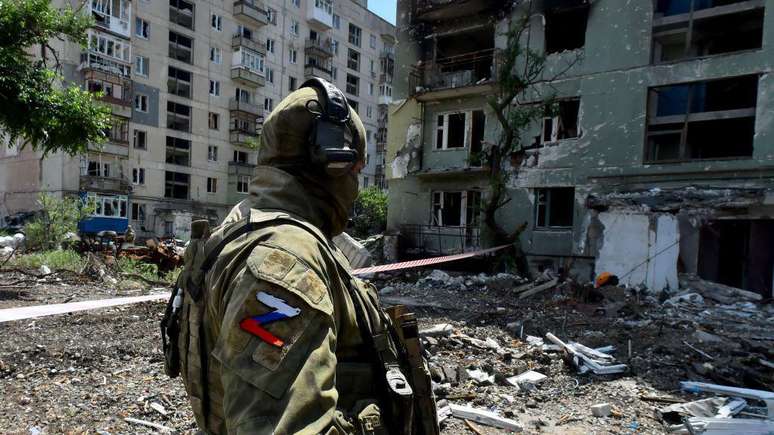
Moscow did not reveal the current number of soldiers involved in the fighting. However, in December 2023, President Vladimir Putin revealed that 617,000 soldiers were at the forefront and another 490,000 were mobilized the following year.
According to the Russo Center for Psychiatry Bekhtev, between 3% and 11% of the soldiers who fought on the front line should suffer from post -the -traumatic stress disorder (PTSD). In case of serious injuries, the risk of developing the disorder increases from 14% to 17%, according to the center.
From the beginning of the large-scale invasion of Ukraine, the Ministry of Health has implemented about 2,700 medical-psychological consultancy offices across the country, with the aim of supporting the mental well-being of veterans and their families. A program financed by the State also supports, as well as some volunteering networks.
But all these efforts are still insufficient and psychological centers are often small or in need of the staff, explains Yana (fictitious name), a psychologist who works in one of these centers consultation.
Yana opposes the invasion of Ukraine and, at the beginning, thought it would be difficult to work with men who participated in the fighting. But in the end, he realized that his support could make a difference.
“They are dangerous people and I can make them less dangerous,” he says to the news of the BBC Russia.
But there is another challenge, he adds: acting in an increasingly repressive environment, in which any criticism of what the Kremlin calls “special military operation” is illegal. Therapists and patients are often afraid to express themselves openly.
“We are all afraid of speaking,” explains Yana. “If you talk to someone who does not share your opinion, it can spread. Someone can report you. Just, your life is ruined.”
Remember that some patients tested her during the sessions, making apparently neutral comments on the war and carefully observing their reactions. Few of his civil patients openly support the war, he says. Most only wants to end.
Condemned criminals
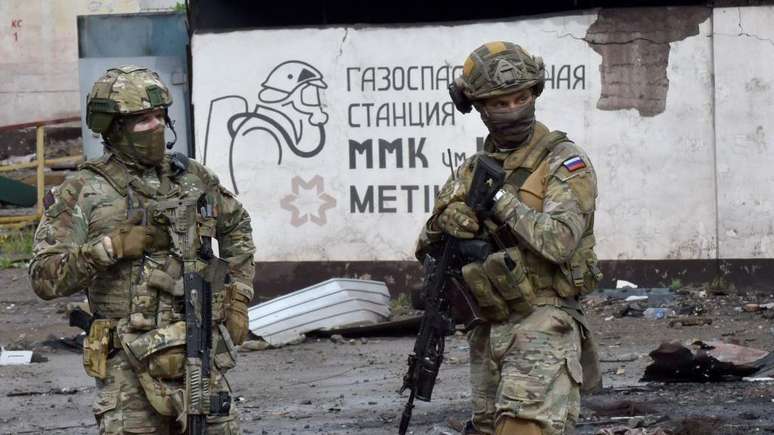
When Russia began its large -scale invasion of Ukraine in 2022, professional soldiers were not sent only to the front line. Criminal ranks were condemned among the ranks that agreed to fight in exchange for reduction of the penalty.
Many were recruited by the mercenary group Wagner, founded by the deceased Evgeni Prigojine. The prisoners received the promise of mercy and even total forgiveness in exchange for six months of combat service. According to Prigojine himself, about 50,000 prisoners enlisted.
In January 2024, however, the role of Wagner in the recruitment had decreased and the Russian Ministry of Defense took the command. The conditions have changed significantly: voluntary prisoners had to serve for the duration of the war.
In practice, regardless of whether they are condemned or not, most of the soldiers are now connected to indefinite contracts. From the general mobilization, declared in September 2022, military service has become practically unlimited. The release is granted only in cases of serious injuries, advanced age or new criminal conviction.
And these beliefs have become increasingly frequent.
According to an investigation of the independent vehicle Verstka, at least 242 people were killed and 227 others were injured in the crimes committed by war veterans between February 2022 and August 2024. The cases vary from the murder to sexual aggression and violent beating.
At the beginning of 2025, the Legal Institute of Urals, linked to the Ministry of the Interior, published a study on “The impact of special military operations on crime in Russia”. The investigation revealed a significant increase in serious and violent crimes across the country since the beginning of the war.
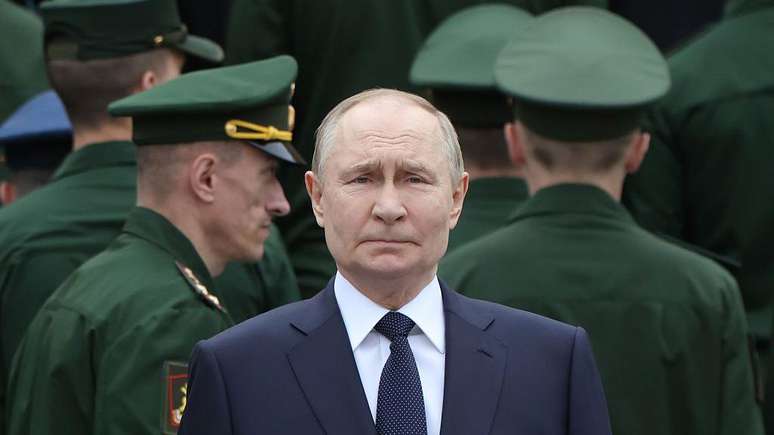
Matvey is a psychologist in a clinic for the treatment of chemical dependence in a region of Russia. He explains that, together with his colleagues, he expected an increase in cases of alcohol abuse linked to the post -traumatic stress disorder (PTSD) among the soldiers who returned from the front.
According to the clinical guidelines of Centro Bekhterev, people exposed to extreme trauma, such as combat, are at high risk of developing addiction problems. In 2024, military personnel represented 10% of all cases of dependence treated at the Serbsky Center, the main psychiatric hospital in Russia.
Despite the evident link between trauma and dependence, the effective treatment options are still rare.
Matvey explains that patients usually remain at most two weeks in their clinic, a period that describes more as “palliative care” than effective treatment. Methods such as cognitive therapy, which require at least 12 sessions, are practically inaccessible.
“For the most part, the therapy seems too painful or too abstract to commit himself,” says Matvey. “Our patients can realize that something is wrong, but the problem is so serious, traumatic and painful that they don’t want to face it.”
He adds: “I think the treatment of the PTSD should be more or less mandatory”.
President Putin suggested the idea of compulsory therapy for soldiers who returned to the beginning of 2024, but so far this policy has not been implemented.
Scarcity of professionals
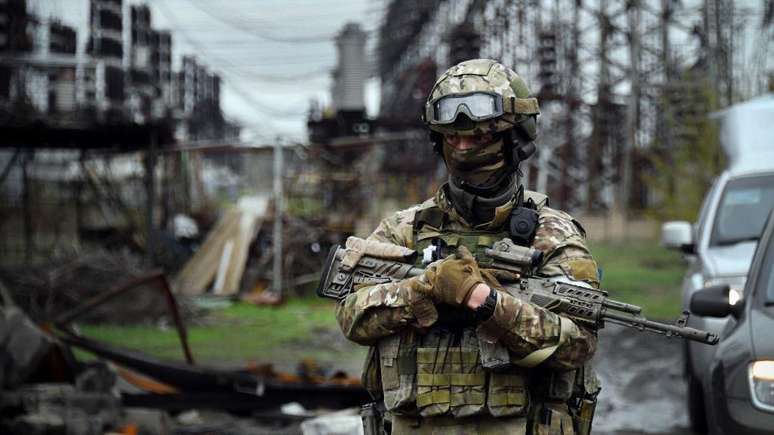
Even if there was political will, the country has to face a serious lack of qualified experts.
The estimates of the number of psychologists active in Russia vary considerably, between 57,000 and over 100,000. According to the World Health Organization, this is only 4 to 5 psychologists for every 100,000 inhabitants, very below international standards.
Despite all systemic obstacles, some psychologists say that their work has not been in vain.
Yana continues to attend civil civil, refugees and families, many who deal with post -stress -traumatic disorder (PTSD) and acute anxiety. He says that after only 10-12 sessions, many customers start to feel safe.
“It is something positive, since few would be able to pay for psychological help,” he explains.
Tatyana believes that there is still a lot to do to support war veterans.
“We don’t have a single national organization,” he says. “Anyone who wants to consult a psychologist must find volunteers or try to turn around alone.”
Source: Terra
Ben Stock is a lifestyle journalist and author at Gossipify. He writes about topics such as health, wellness, travel, food and home decor. He provides practical advice and inspiration to improve well-being, keeps readers up to date with latest lifestyle news and trends, known for his engaging writing style, in-depth analysis and unique perspectives.

